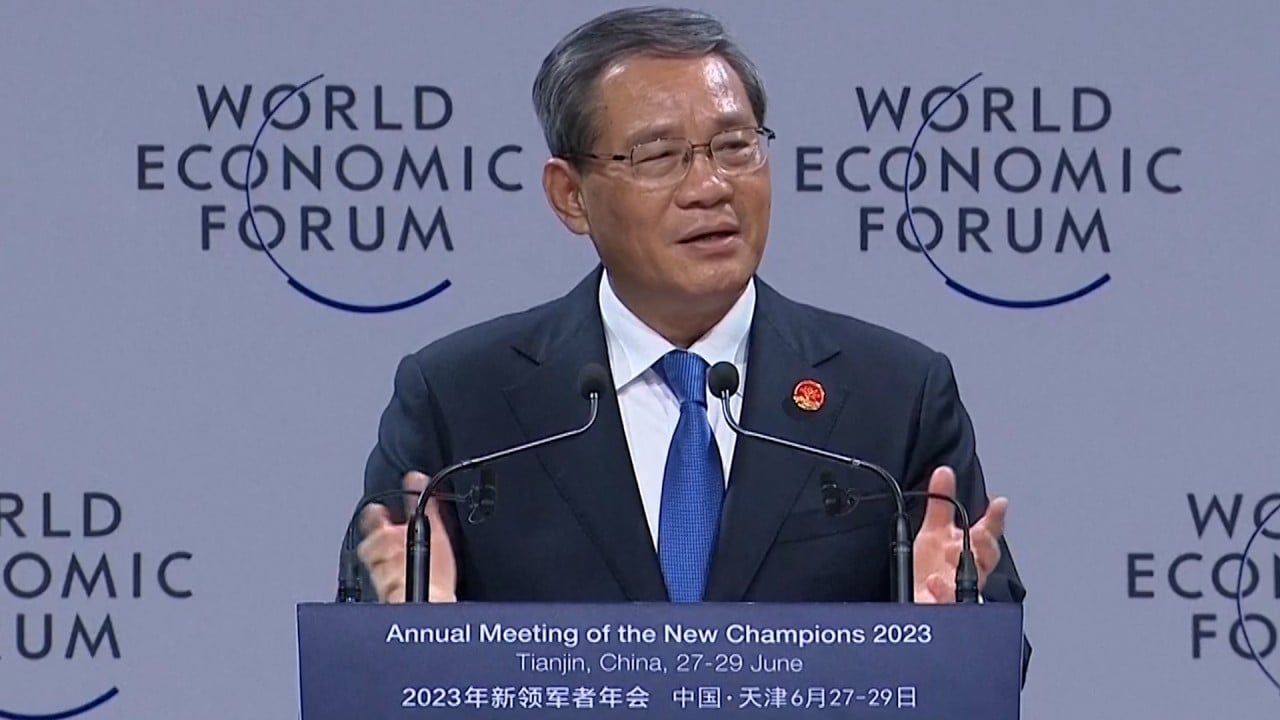
China must abandon ideological bias against ownership to ensure the success of new action plan supporting the country’s private sector
- China’s official policies recognise the private sector’s role in national development, yet there is still some bias against this part of the economy
- Under the government’s latest action plan, the state would set up a potentially problematic ‘traffic light’ system for the private sector
The government’s new 31-point action plan – dated July 14, but released on July 20 – recognises the private sector as an important foundation for the country’s high-quality development and its role in promoting modernisation of industries.
Beijing’s previous policy guidelines that helped promote development in the nation’s private sector included a 36-point action plan in 2010 and a 36-point initiative in 2005 to help the “non-public” economy.
In private, however, there is widespread doubt and scepticism over how seriously Beijing would allow the private sector to grow because of the government’s focus on security and absolute control.
One underlying issue about the private economy is its second-class status in China’s ideology, which suggests that private capital is not as trustworthy as public ownership and must stay within the government’s guardrails.
While China’s Constitution recognises the private sector as “part of the socialist economy”, the country’s basic economic system remains “socialist public ownership of the means of production”. Even though China vows to protect “the lawful rights and interests of non-public sectors of the economy”, socialist public property is the one upheld as sacrosanct.
China vows private firms, like state firms, will be ‘bigger, better, stronger’
What it means is that private businesses are allowed to grow, as Beijing sees fit, because they help drive economic growth and create jobs. By contrast, SOEs and other public firms operate without any conditions because they represent socialism and “supersedes the system of exploitation of man by man”.
In the 21st century, that bias remains against Chinese private capitalists. It was just a few years ago when some Chinese scholars publicly said that “the historical mission of China’s private economy has been completed”, which means it no longer has any reason to exist.
Will new action plan give backbone of China’s economy the wings to fly higher?
Under the government’s latest policy initiative, the state would set up a “traffic light” system for the private sector. This could be problematic for private businesses because it creates a potential guessing game on when the green light would be on and for how long.
Private Chinese entrepreneurs achieved a breakthrough political recognition from Beijing in the late 1990s under the “Three Represents” theory, which allowed capitalists to become Communist Party members. That followed Beijing’s decision to embrace the market system, which ended the tedious debate over a planned socialist economy.
That emancipation of thought unleashed entrepreneurship in China during the past 25 years. Now is the time for Beijing to abandon its ideological discrimination of ownership and clearly show that the private sector is not “a necessary evil” to serve temporary goals.
There is no point to split the nation’s economy into publicly owned and non-publicly owned realms.


